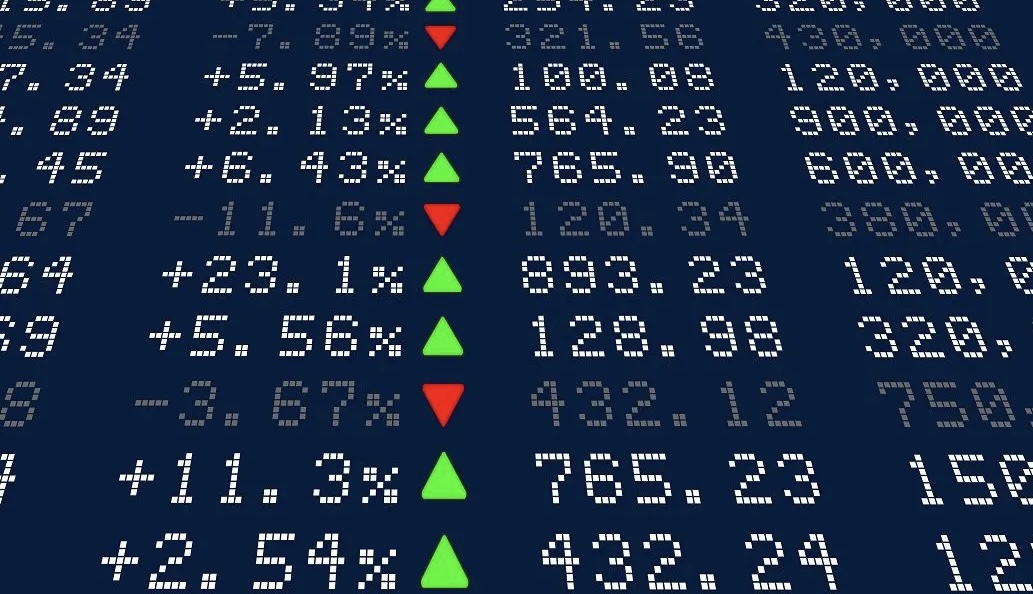The World Bank has disbursed $751.88 million to Nigeria from a recently approved $1.5 billion loan.
The funds was disbursed as part of the Development Policy Financing Program (DPF) initiative, Nigeria Reforms for Economic Stabilization to Enable Transformation (RESET).
This loan project is a portion of the larger $2.25 billion in reforms approved by the World Bank for Nigeria on June 13, 2024.
The $1.5 billion loan is made up of two distinct contracts between Nigeria and the World Bank: a $750 million credit from the International Development Association (IDA) and a $750 million loan from the International Bank for Reconstruction and Development (IBRD).
The amount disbursed includes the entire $750 million from the IDA loan and $1.88 million from the IBRD of the World Bank, with an undisbursed balance of $748.13 million.
The proposed DPF for Nigeria consists of two tranches of a standalone operation intended to assist major changes in line with the government’s aims for economic stabilization and recovery make up the planned DPF for Nigeria.
This operation is structured around four key results distributed across two pillars: increasing fiscal oil revenues from 1.8% of Gross Domestic Product (GDP) in 2022 to 2.7% by 2025, boosting non-oil fiscal revenues from 5.3% to 7.3% over the same period, expanding social safety nets to assist 67 million vulnerable Nigerians, and raising the import value of previously banned products from $11.3 million to $54.6 million by 2025.
The Federal Ministry of Finance (MOF) is tasked with the implementation of these reforms, working under the oversight of the World Bank, which works with other important national stakeholders like the Central Bank of Nigeria (CBN) and the Ministry of Humanitarian Affairs and Poverty Alleviation (MHAPA) to monitor and assess the progress and impact of these reforms.
The loan’s finance agreement agreements state that in order for Nigeria to receive the full amount of money, it must fulfill several requirements.
Both IDA Credit and IBRD loan agreements have the same requirements, according to the loan agreement documents obtained from the World Bank.
The following are some of the things that will be done as part of this loan project:
Presidential Executive Order: A mandate for all fiscal transfers to the Federal Government, including those from crude oil sales and gasoline imports, to be executed at the prevailing market exchange rate within a specified implementation period.
Value-Added Tax (VAT) Reforms: Submission of a draft bill to the National Assembly to progressively increase the VAT rate to at least 12.5% by 2026 and allow input tax credits for capital and services.
National Social Investment Program Bill: Submission of a revised bill to the National Assembly mandating the use of the national social registry as the primary targeting tool for social investment programs.










